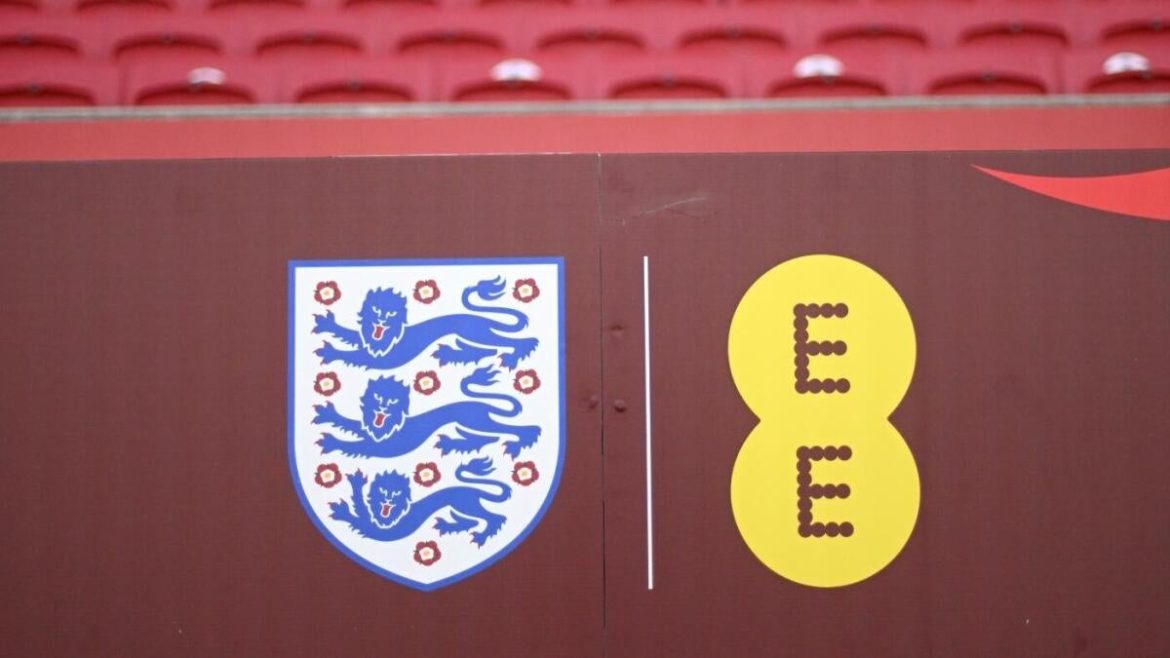The Impact of the U.K. Supreme Court Ruling on Transgender Women in Soccer
The recent U.K. Supreme Court ruling has significantly altered the landscape for transgender women in soccer, particularly in England and Scotland. This decision, which redefines the legal concept of a “woman” based on biological sex, has led to the banning of transgender women from participating in women’s soccer teams. This report delves into the implications of this ruling, the responses from various stakeholders, and the broader impact on the sporting community.
Understanding the Supreme Court Ruling
The U.K. Supreme Court’s decision, announced in April 2025, has far-reaching consequences for how sex-based rights are applied across Scotland, England, and Wales. The court ruled that the terms “woman” and “sex” in the Equality Act 2010 refer to biological sex, effectively excluding transgender women from the legal definition of a woman. This ruling has been hailed by some as a clarification of equality laws, while others view it as a setback for trans rights.
The Football Association’s Response
Following the Supreme Court’s ruling, the Football Association (FA) in England announced that transgender women will be banned from playing in women’s soccer teams from June 1, 2025. This decision marks a significant shift from the previous policy, which allowed transgender athletes to compete in women’s soccer if they had reduced their testosterone levels. The FA’s move aligns with the court’s interpretation of the Equality Act, prioritizing biological sex over gender identity.
The Scottish Football Association’s Stance
Similarly, the Scottish Football Association (SFA) has also implemented a ban on transgender women from competing in women’s football. From the next season, only those born biologically female will be allowed to participate in competitive matches. This policy change affects all levels of the game, from under-13s to professional leagues. The SFA’s decision underscores the broader impact of the Supreme Court ruling on sports governance in the U.K.
Reactions from the Sporting Community
The banning of transgender women from women’s soccer has elicited a range of reactions from the sporting community. Pride Sports, which runs the Football v Homophobia and Football v Transphobia campaigns, expressed deep sadness over the announcements. The organization emphasized the importance of inclusivity and the potential negative impact of these bans on transgender athletes.
Legal and Social Implications
The Supreme Court’s ruling and the subsequent bans by the FA and SFA have significant legal and social implications. Transgender campaigners have voiced concerns about potential discrimination, particularly in employment and sports participation. The ruling has been celebrated by groups like For Women Scotland, which advocated for a biological definition of a woman, but it has also been criticized as an attack on trans rights.
The Future of Transgender Women in Soccer
The banning of transgender women from women’s soccer teams raises questions about the future of inclusivity in sports. While the FA and SFA have justified their decisions based on the Supreme Court ruling, the broader implications for transgender athletes remain uncertain. The lack of transgender women in professional football in England and Scotland suggests that the immediate impact may be limited, but the long-term effects on grassroots and amateur levels could be more pronounced.
Conclusion: A Call for Inclusive Policies
The U.K. Supreme Court’s ruling and the subsequent bans by the FA and SFA highlight the ongoing debate surrounding transgender rights and participation in sports. While the court’s decision aims to clarify the legal definition of a woman, it also underscores the need for inclusive policies that respect the diversity of gender identities. As the sporting community navigates these changes, it is crucial to foster an environment where all athletes, regardless of their gender identity, can compete fairly and safely. The future of transgender women in soccer will depend on how these issues are addressed and resolved, ensuring that the sport remains a beacon of inclusivity and equality.





